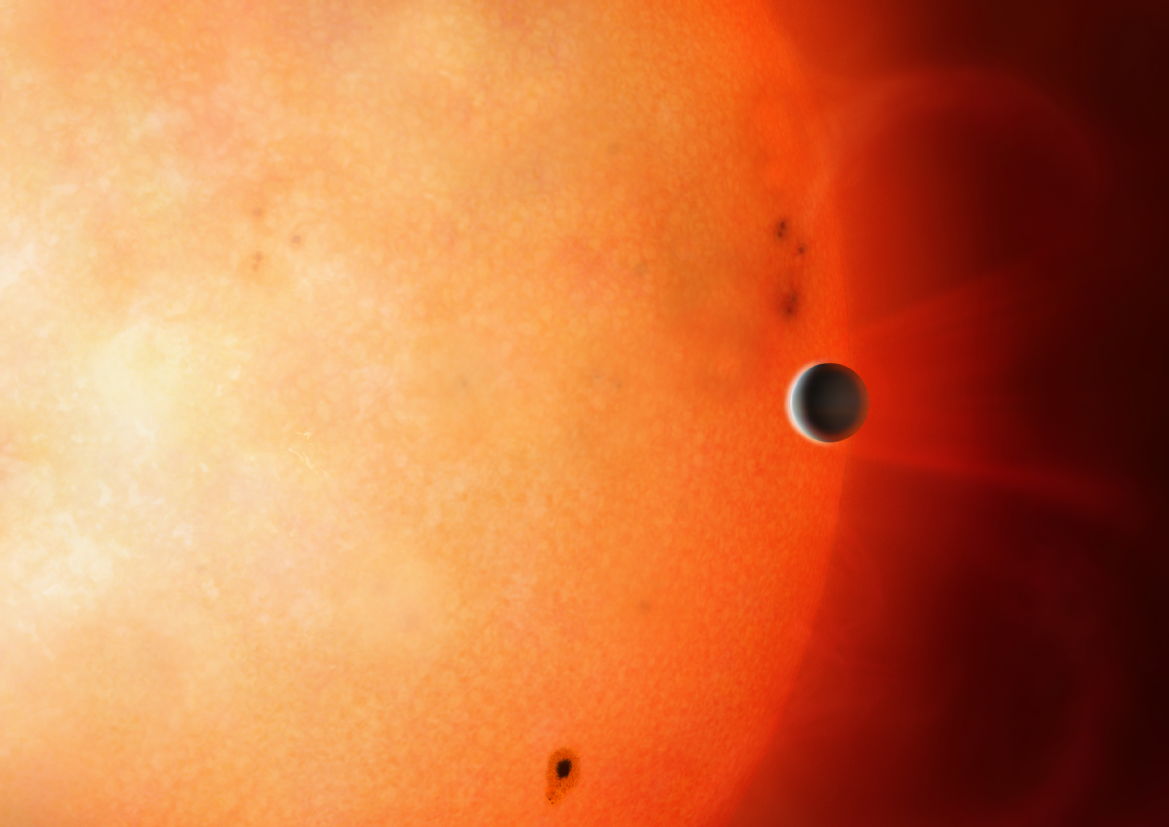Warwick: 18-Hour Year Planet on Edge of Destruction
Posted: Thu Feb 20, 2020 6:21 pm
18-Hour Year Planet on Edge of Destruction
University of Warwick, UK | 2020 Feb 20
NGTS-10b: The Shortest Period Hot Jupiter Yet Discovered ~ James McCormac et al
University of Warwick, UK | 2020 Feb 20
Astronomers at University of Warwick observe Jupiter-like planet with shortest orbit; A year on NGTS-10b lasts only 18 hours; The ‘hot Jupiter’ orbits perilously close, to the point that it will be destroyed by the star; Could shed light on how long a planet can orbit that close to a star before it spirals to its destruction.
Astronomers from the University of Warwick have observed an exoplanet orbiting a star in just over 18 hours, the shortest orbital period ever observed for a planet of its type.
It means that a single year for this hot Jupiter – a gas giant similar in size and composition to Jupiter in our own solar system – passes in less than a day of Earth time.
The discovery ... may help to solve a mystery of whether or not such planets are in the process of spiralling towards their suns to their destruction.
The planet NGTS-10b was discovered around 1000 light years away from Earth as part of the Next-Generation Transit Survey (NGTS), an exoplanet survey based in Chile that aims to discover planets down to the size of Neptune using the transit method. This involves observing stars for a telltale dip in brightness that indicates that a planet has passed in front of it.
At any one time the survey observes 100 square degrees of sky which includes around 100,000 stars. Out of those 100,000 stars this one caught the astronomers’ eye due to the very frequent dips in the star’s light caused by the planet’s rapid orbit. ...
NGTS-10b: The Shortest Period Hot Jupiter Yet Discovered ~ James McCormac et al
- Monthly Notices of the RAS 493(1):126 (Mar 2020) DOI: 10.1093/mnras/staa115
- arXiv.org > astro-ph > arXiv:1909.12424 > 26 Sep 2019
